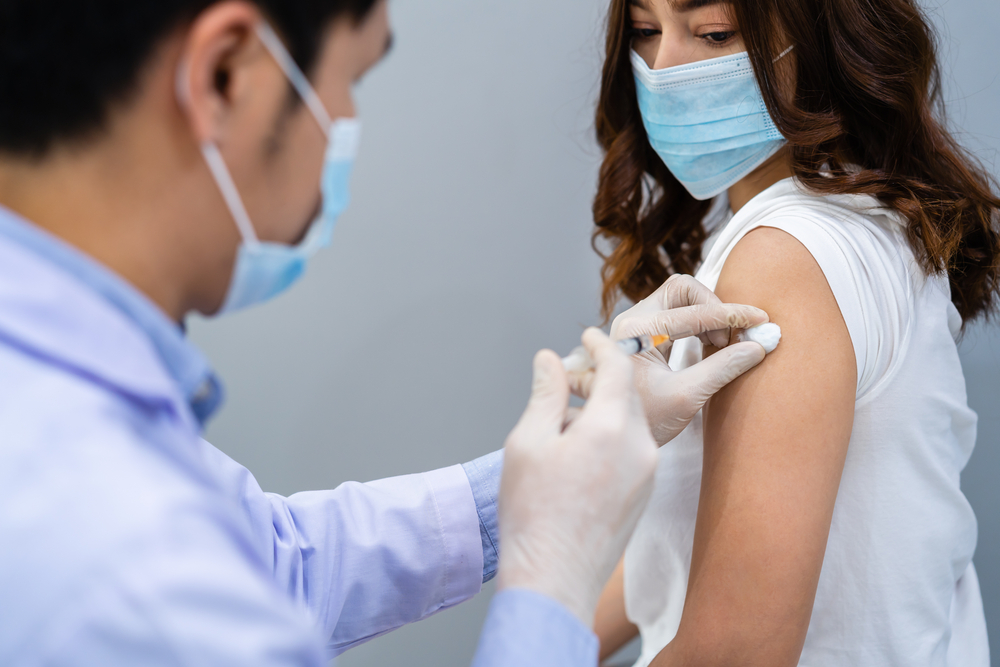The global pandemic has been going on for more than a year. While cases are still rising today, there is now a silver lining—vaccines are currently being distributed across the globe, giving a glimmer of hope that everything will return to some semblance of normalcy soon.
While these COVID-19 vaccines are nothing but good news, people must learn about their side effects to know what to expect after receiving the vaccine.
How Vaccines Work
Vaccines help the immune system recognize bacteria, viruses, and other foreign invaders that make people sick. In other words, the body’s immune system will respond better to fight off diseases because of its ability to recognize these foreign invaders.
Vaccines train the body to create enough antibodies to fight off diseases, which is an effective way to stop this pandemic dead on its tracks. Antigens are injected into the body to trigger an immune response, teaching the immune system to identify and fight the invader. Due to these vaccines’ nature, the body naturally responds to the inoculation like the actual pathogen is infecting it, leading to some side effects.
8 Commonly Known Side Effects of COVID-19 Vaccines
To have a full grasp of how vaccines work, it is also important to know and understand some of their side effects.
1. Pain and Swelling In and Around the Injection Area
As with any type of injection, pain and swelling are possible side effects of the COVID-19 vaccine. It is common for the area to swell, but if the pain becomes unbearable or gets worse for more than 24 hours, seek medical help.
2. Fatigue
Approximately 63% of those who took the Pfizer COVID-19 vaccine reported experiencing fatigue as a side effect. Most often than not, this temporary and passes within a day, similar to all the other side effects in this list.
3. Fever
A fever following a COVID-19 vaccine is expected as it is a sign that the body is trying to build protection. Unless it persists for more than 24 hours, this is nothing to worry about. The best way to address it is through constant monitoring. There is no need to worry because a fever is one indicator that the vaccine is working.
4. Headache
Only 13 out of over 700 frontliners who received the Sinovac vaccine during the first day of the rollout in the Philippines reported having minor side effects that included a headache. Rest and increased fluid intake are advisable to ease the discomfort. Talking to a doctor is advised when planning to take over-the-counter medicines. It should be noted that headaches normally go away after a day.
5. Swollen Lymph Nodes
This side effect of the COVID-19 vaccine should not be a cause for concern as this means that the body’s immune system is at work. The lymph nodes are primarily where the antibodies reside. These lumps appear near the armpits after vaccination, which will eventually pass after a week to 10 days.
6. Muscle Pain
Muscle pain after the COVID-19 vaccination is also a typical side effect, and approximately 38% of those who received the Pfizer jab experienced this. Rest and avoid strenuous activities until this side effect passes.
7. Rashes or Itchiness
An allergic reaction, such as a rash or itchiness anywhere in the body, is common, but it is also important to monitor this condition. It can start after a day to a week after getting a vaccination, so be sure to be aware of any of these reactions. If the rashes worsen, report to your doctor for proper advice.
8. Generally Feeling Unwell
Each individual may have a different reaction to the COVID-19 vaccine, and this may include generally feeling unwell as the body responds to it. However, this flu-like symptom of malaise is considered mild and tends to pass after a day.
How Do You Treat Side Effects?
Although side effects may be bothersome, majority of them are mild and nothing to worry about. If it feels too uncomfortable, you can take over-the-counter medications as a relief to the side effects such as headaches and fever. Remember to consult a doctor first before taking any medication.
It is also important to note that painkillers should be avoided before getting a shot as research shows some drugs may affect the immune response to the COVID-19 vaccines.
Take That Shot
Side effects are a concrete sign that the vaccine is working and creating the antibodies to fight the infectious disease it is made for and it is the body’s way of showing that. The more people vaccinated, the better our chances of achieving herd immunity and settling into a new normal, so do not be afraid to take that shot.
For any COVID-19 testing and management concerns, do not hesitate to reach out to Makati Medical Center.








